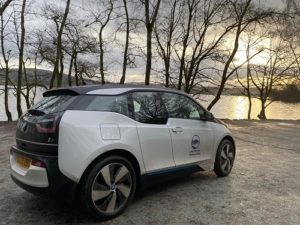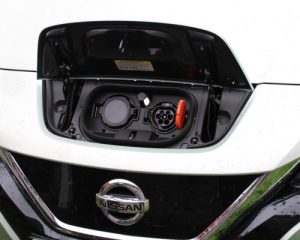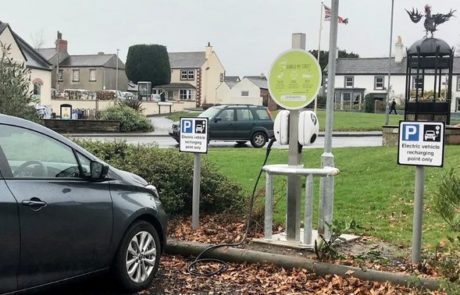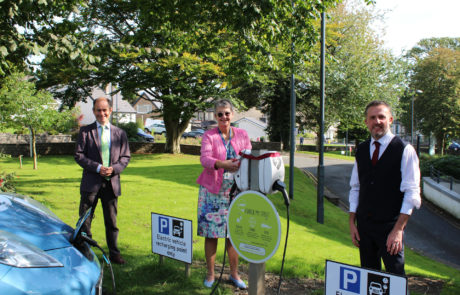Why the switch to electric vehicles?
In 2020 transport remained the UK’s largest carbon emitting sector, causing 28% of domestic greenhouse gas emissions.
Switching to electric vehicles powered by clean energy is critical to rapidly reducing travel emissions, as part of the broader strategy to tackle climate change.
Road traffic (particularly passenger cars) is the most significant source of transport emissions, so decarbonisation of our domestic travel is a critical part of transitioning to Net Zero carbon.
Moving away from petrol and diesel engines is also essential for improving air quality and public health. In 2019 Public Health England reported that air pollution is the biggest environmental threat to health in the UK, with between 28,000 and 36,000 deaths a year attributed to long-term exposure to poor air quality.


So when will we be switching to electric?
The switch to electric vehicles is already well under way!
In November 2020 the UK government announced intentions to phase out the sale of all new cars and vans powered wholly by petrol and diesel from 2030.
Responding to this target date, many automotive manufacturers are increasingly switching production to new electric models.
The public charging infrastructure is also expanding rapidly to support the growing electric vehicle fleet on the UK’s roads, including new chargepoints being installed here in Cumbria:



CAfS maintains a supplier directory, as an independent listing of businesses providing green products and services in Cumbria, including electric vehicle chargepoint installation.

Should we all just be driving less?
While electric vehicles offer significant environmental benefits v. existing petrol and diesel vehicles, including greatly reduced emissions, climate challenges will not be fully met by simply switching to EVs.
Within a hierarchy of low carbon transport there are clearly significant environmental (and health!) benefits of choosing active forms of travel such as walking and cycling, and using public transport where services are available and practical.
What are the benefits of electric vehicles?
No exhaust gases emitted, meaning no greenhouse gases or air pollutants from our congested road network, so a vital contribution to achieving net zero climate targets
Cheaper to run when compared to equivalent petrol or diesel vehicles
Multiple options for charging as part of lifestyle patterns, including for many the opportunity to use a home or work chargepoint rather than needing to visit a fuel forecourt
Simple drive trains make servicing and maintenance much easier and more cost-effective
Pure electric cars currently benefit from zero UK road tax
EVs are also likely to be exempt from charges to enter Clean Air or Ultra Low Emission Zones in towns and cities
EVs can be charged partly or wholly from renewable power sources, particularly when using green energy tariffs
What about switching commercial vehicles to electric?
There are great opportunities for businesses and other organisations to switch to electric vehicles.

Electric Vehicle Terminology
ULEV: Ultra Low Emission Vehicle, emitting <75g/km CO2 from the tailpipe
EV: Electric Vehicle – a catch-all term for vehicles powered by batteries, although often used to refer to pure electric vehicles i.e. BEVs
BEV: Battery Electric Vehicle – a car or van that runs purely on electric power, stored in an on-board battery charged from mains electricity
PHEV: Plug-In Hybrid Electric Vehicle – a car or van with a combination of a traditional internal combustion engine plus a rechargeable battery, allowing for either pure electric-powered driving or extended range using a combination of the engine and the electric motor
V2G: Vehicle-to-Grid Technology – a means of returning energy stored in an electric vehicle’s battery back to the main power grid, used as a way of helping balance out peaks and troughs in demand and supply
ICE: Internal Combustion Engine, referring to the majority of existing vehicles still powered by petrol and diesel
Want to find out even more about electric vehicles?
Learn even more from the experts!
The switch to electric vehicles over the coming decade is an exciting opportunity to rethink and revolutionise the way we travel.
Here we’ve selected some useful learning resources packed full of information, tips and explainers, to help you drive forward your understanding of EVs.
